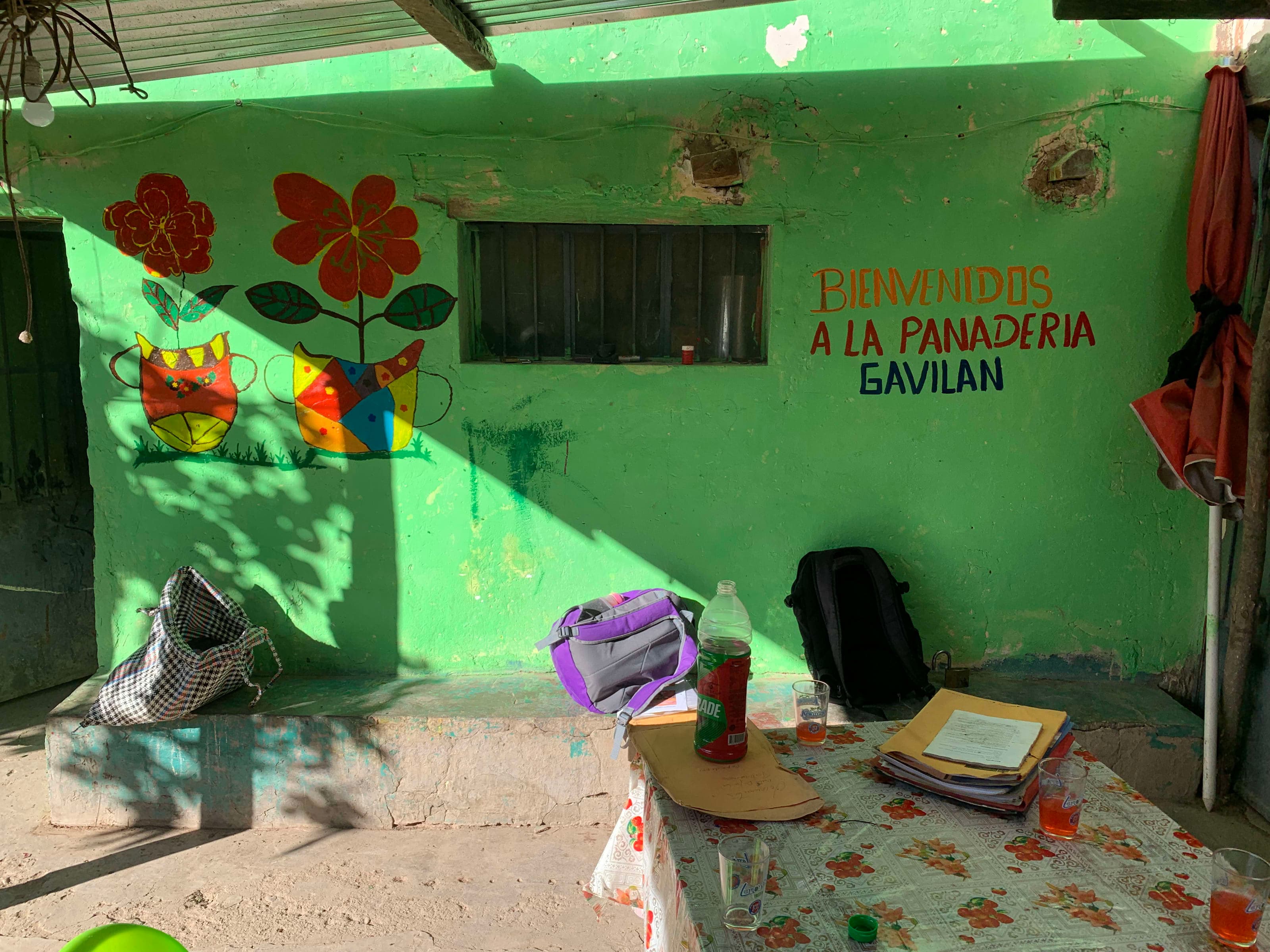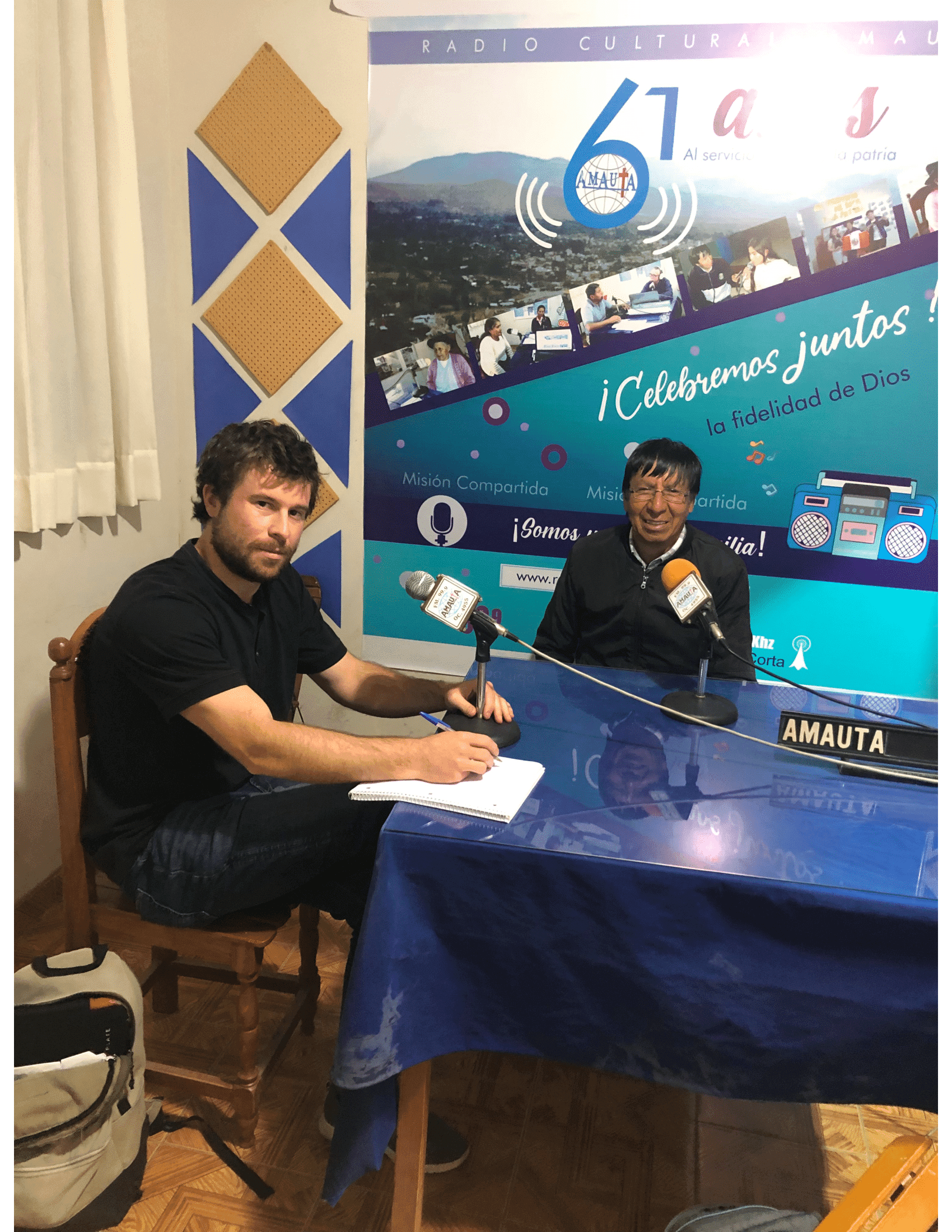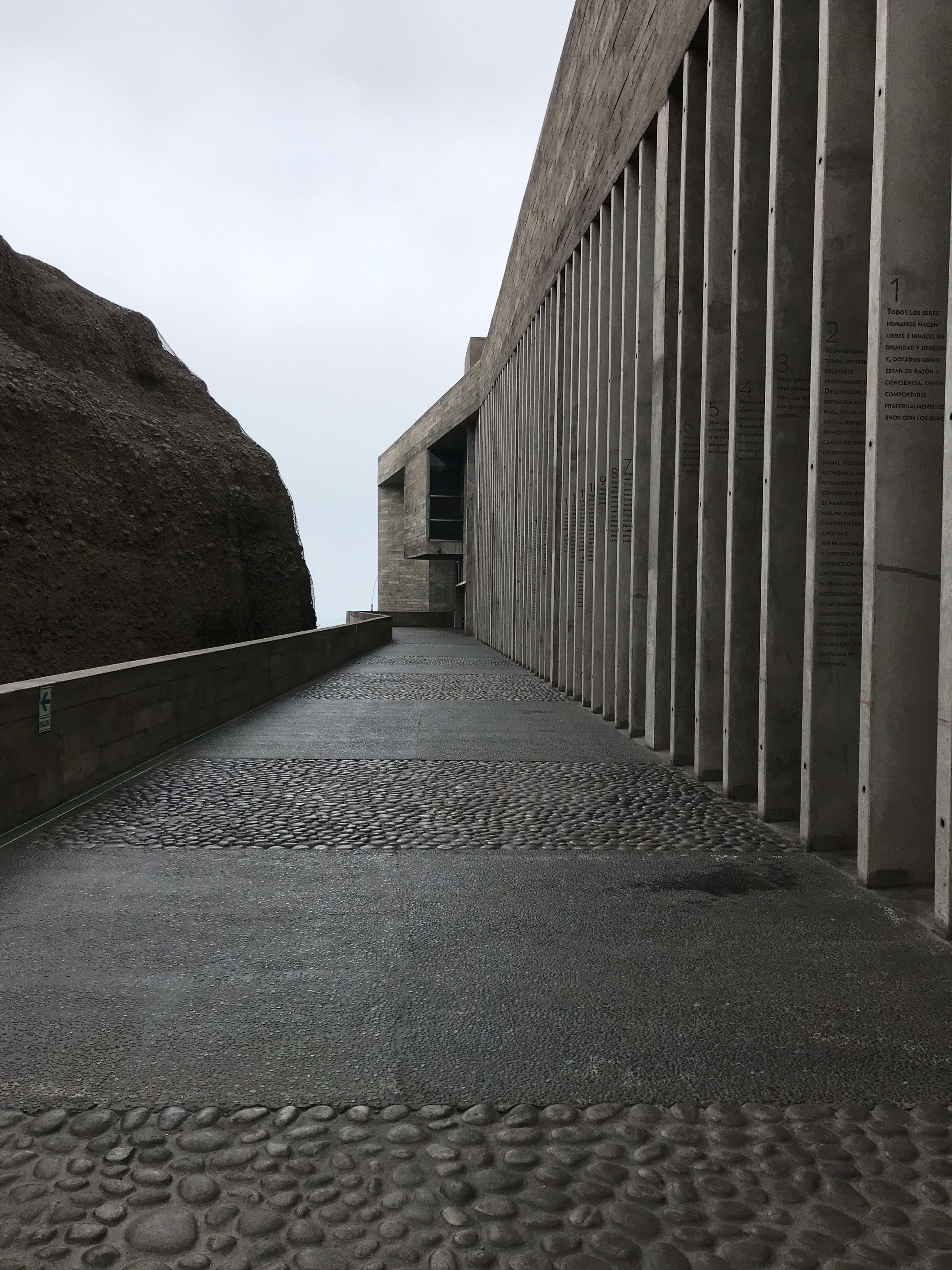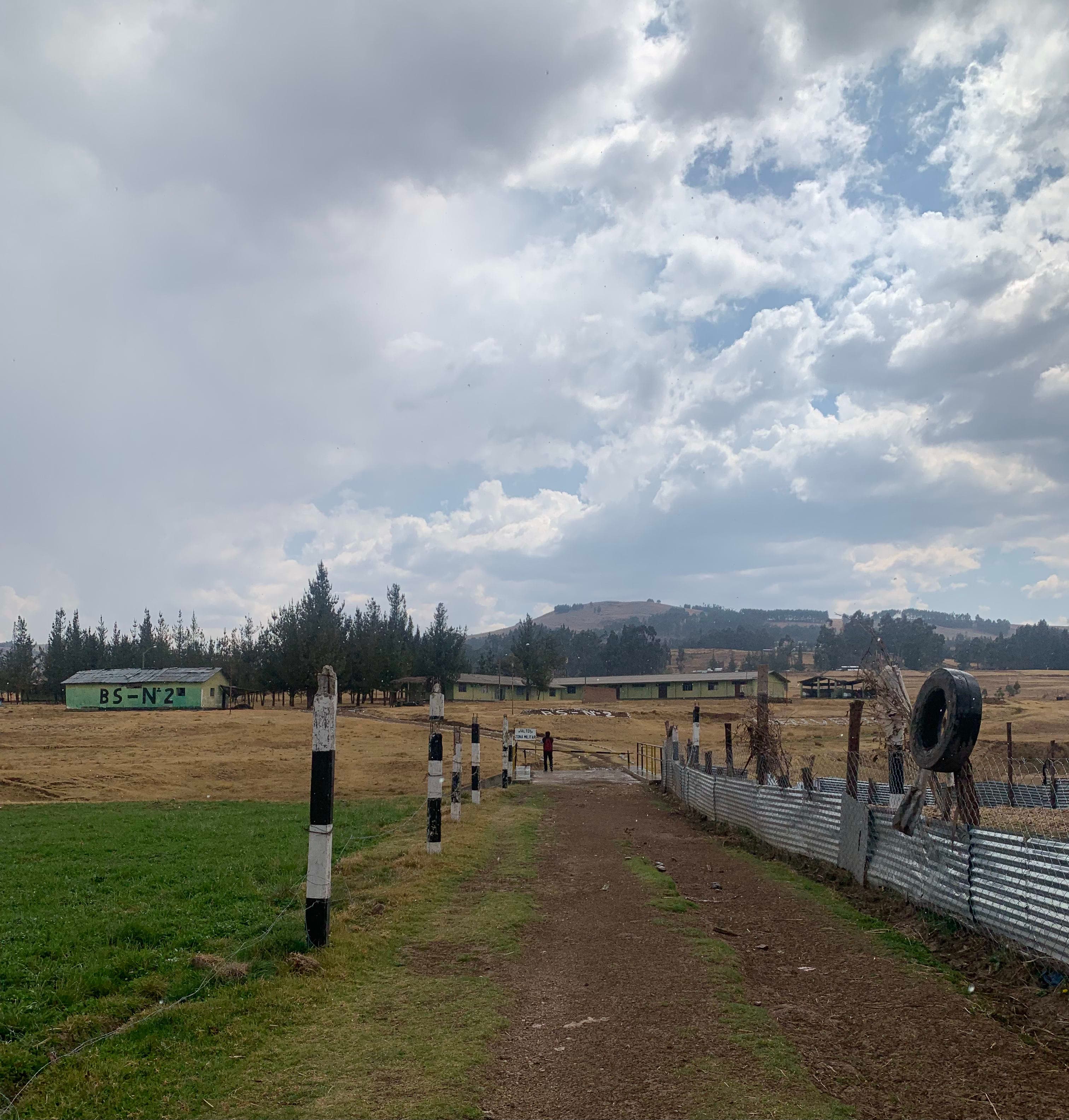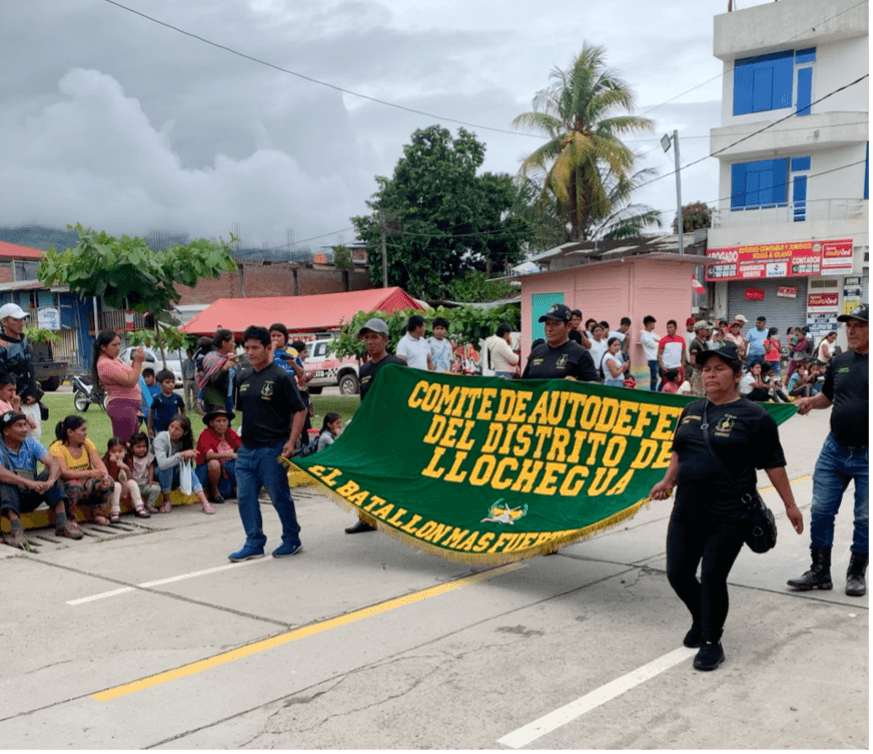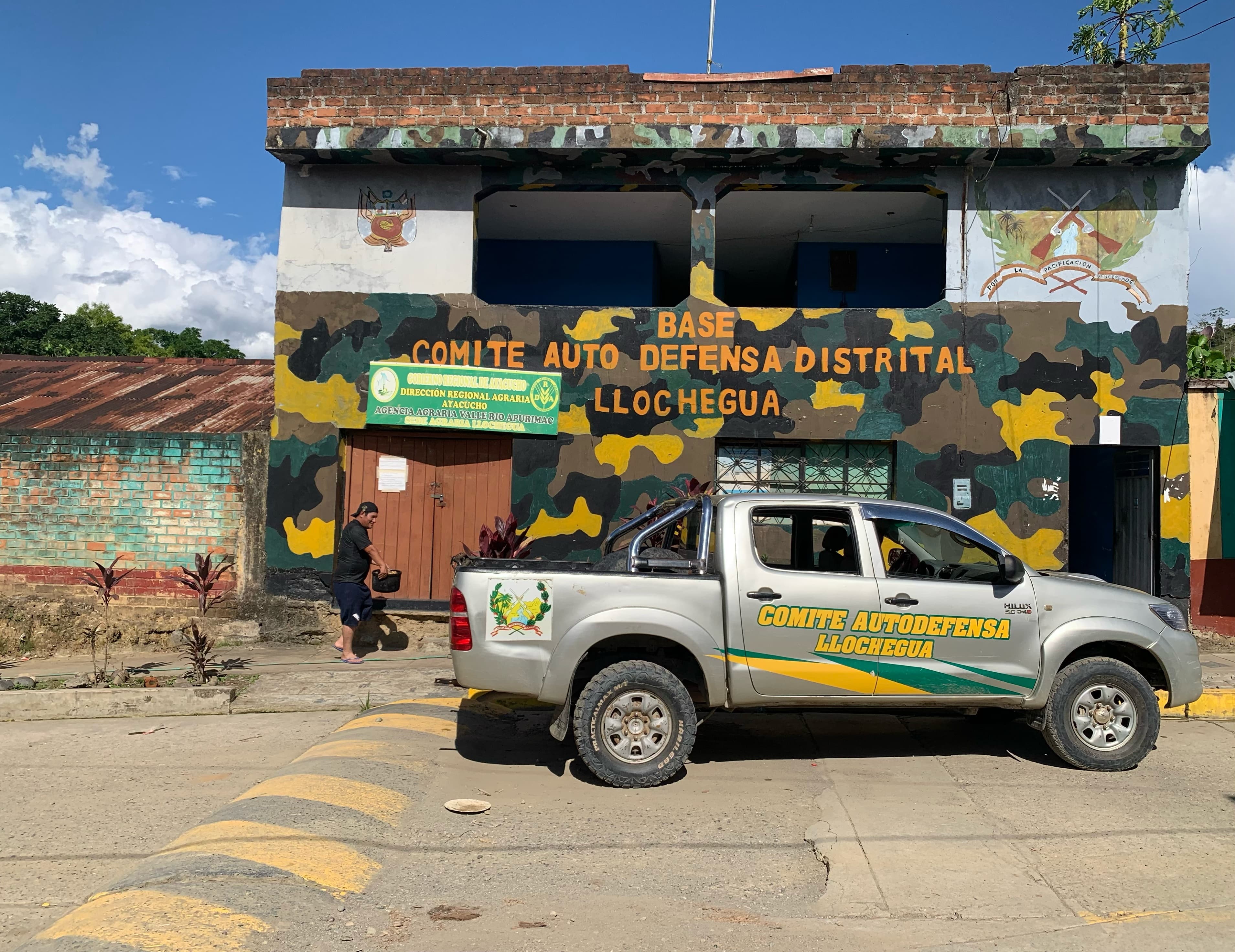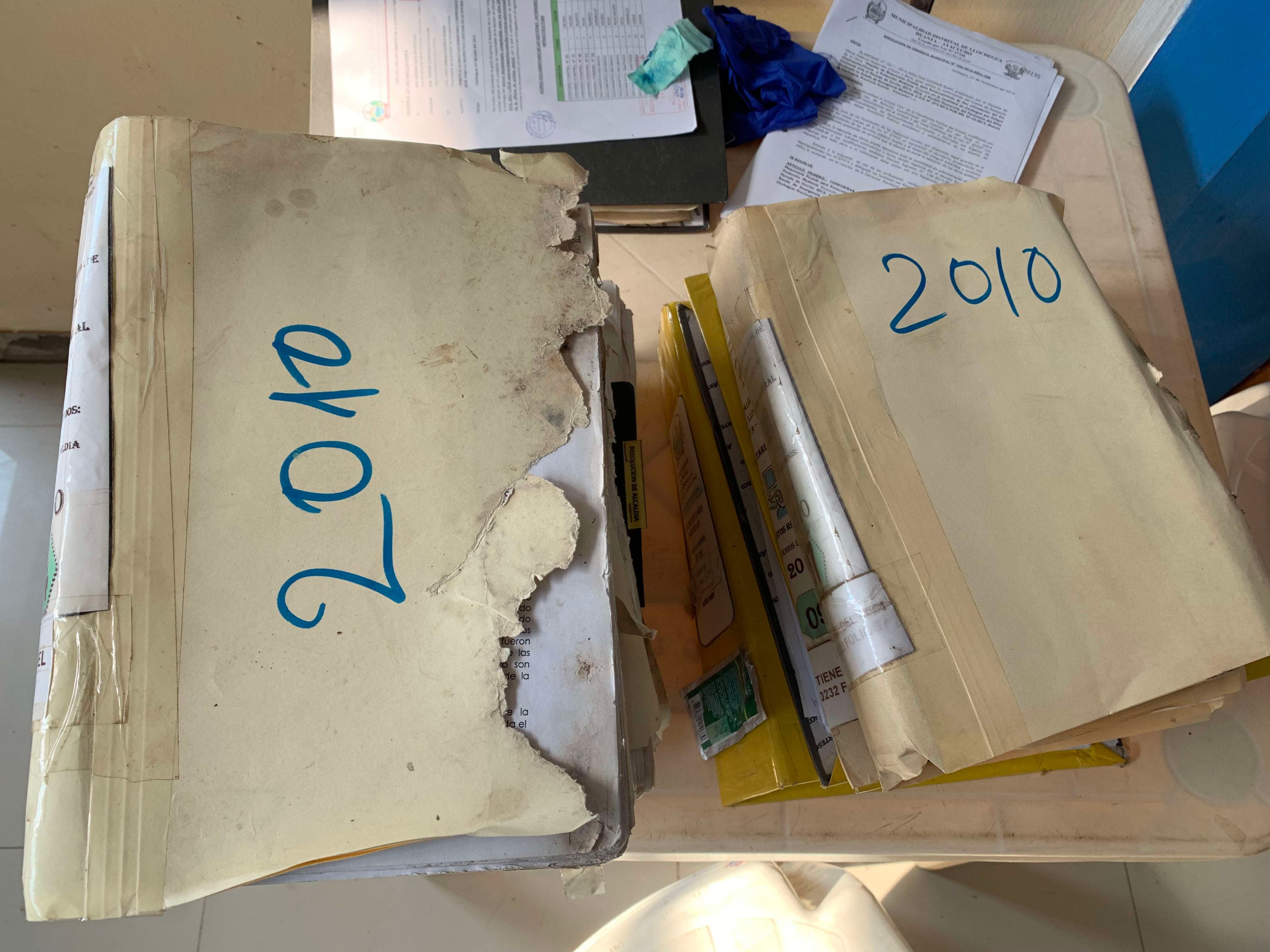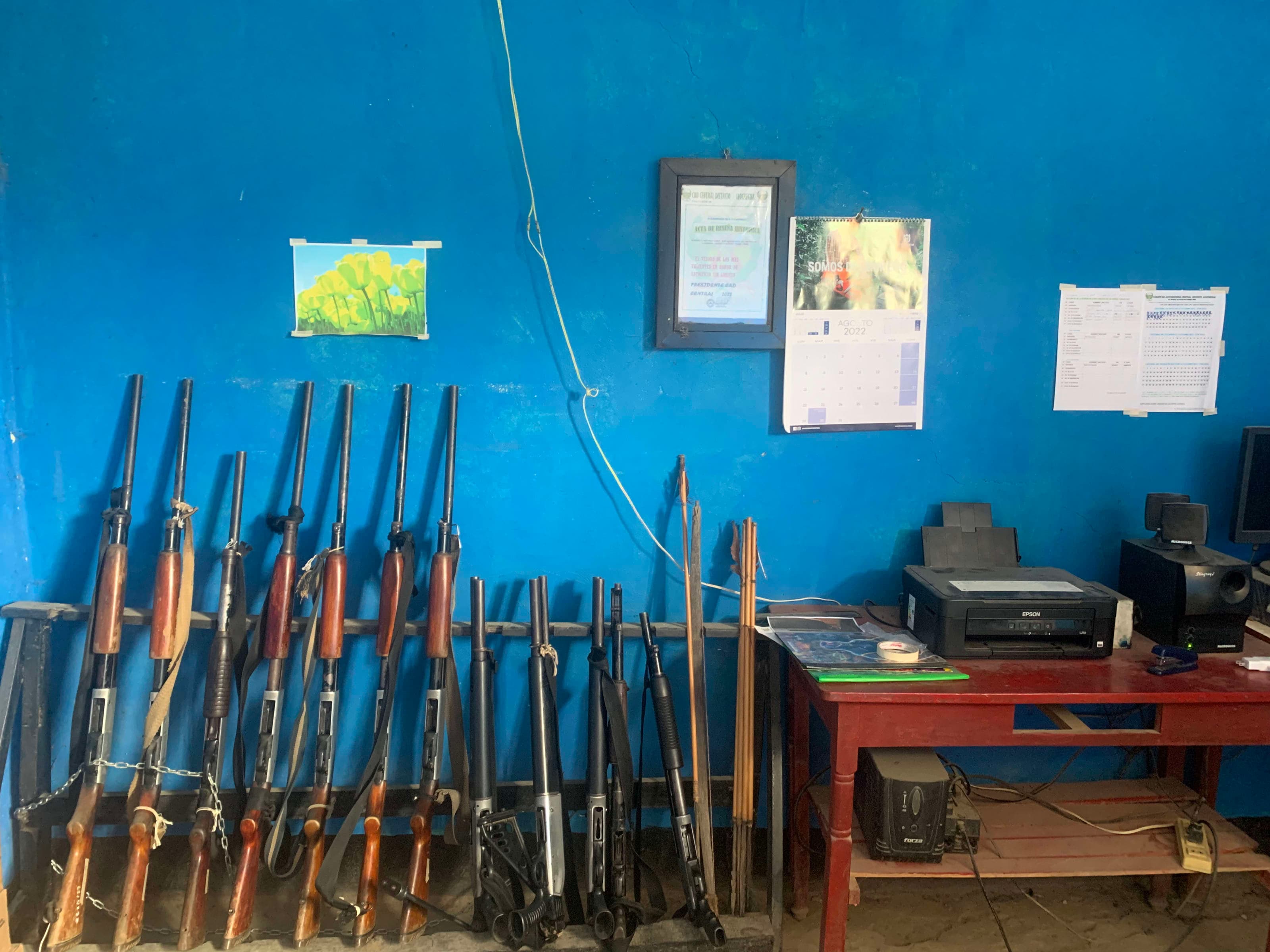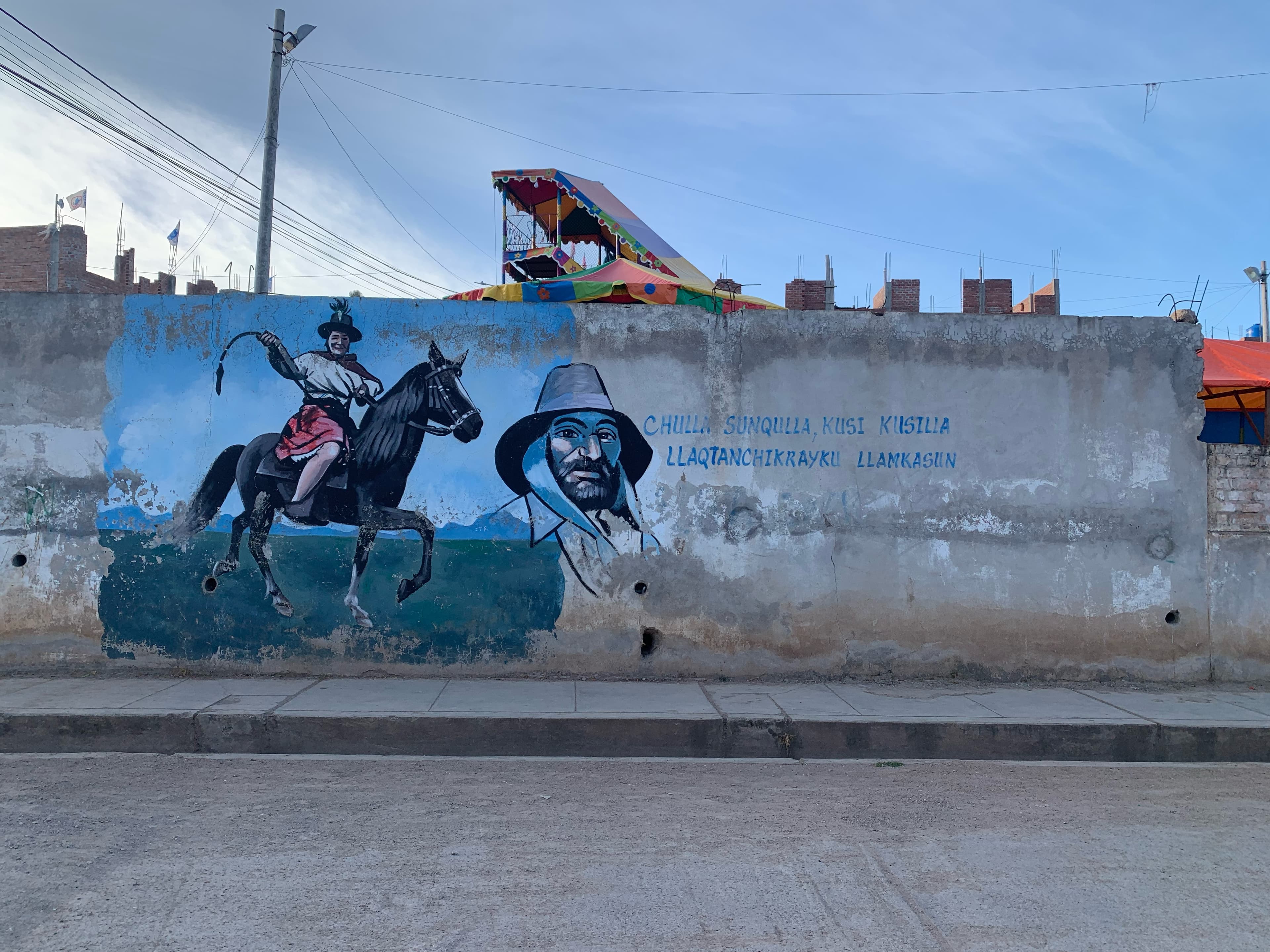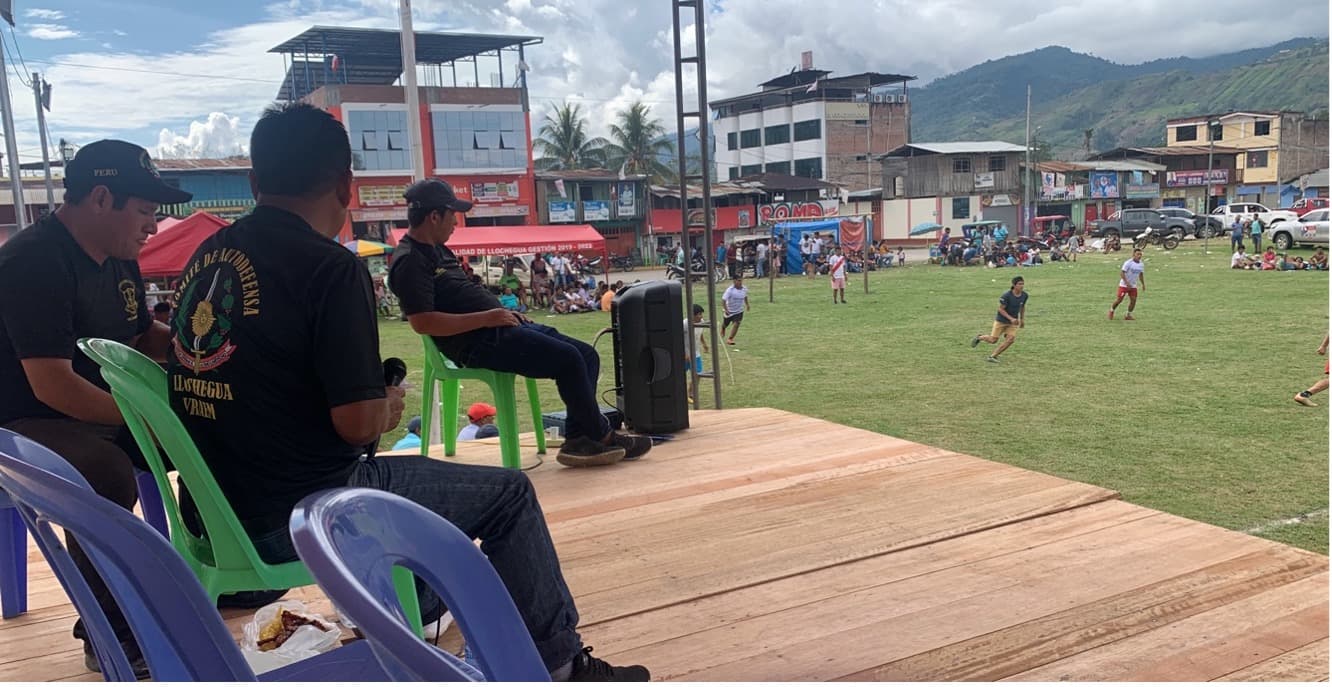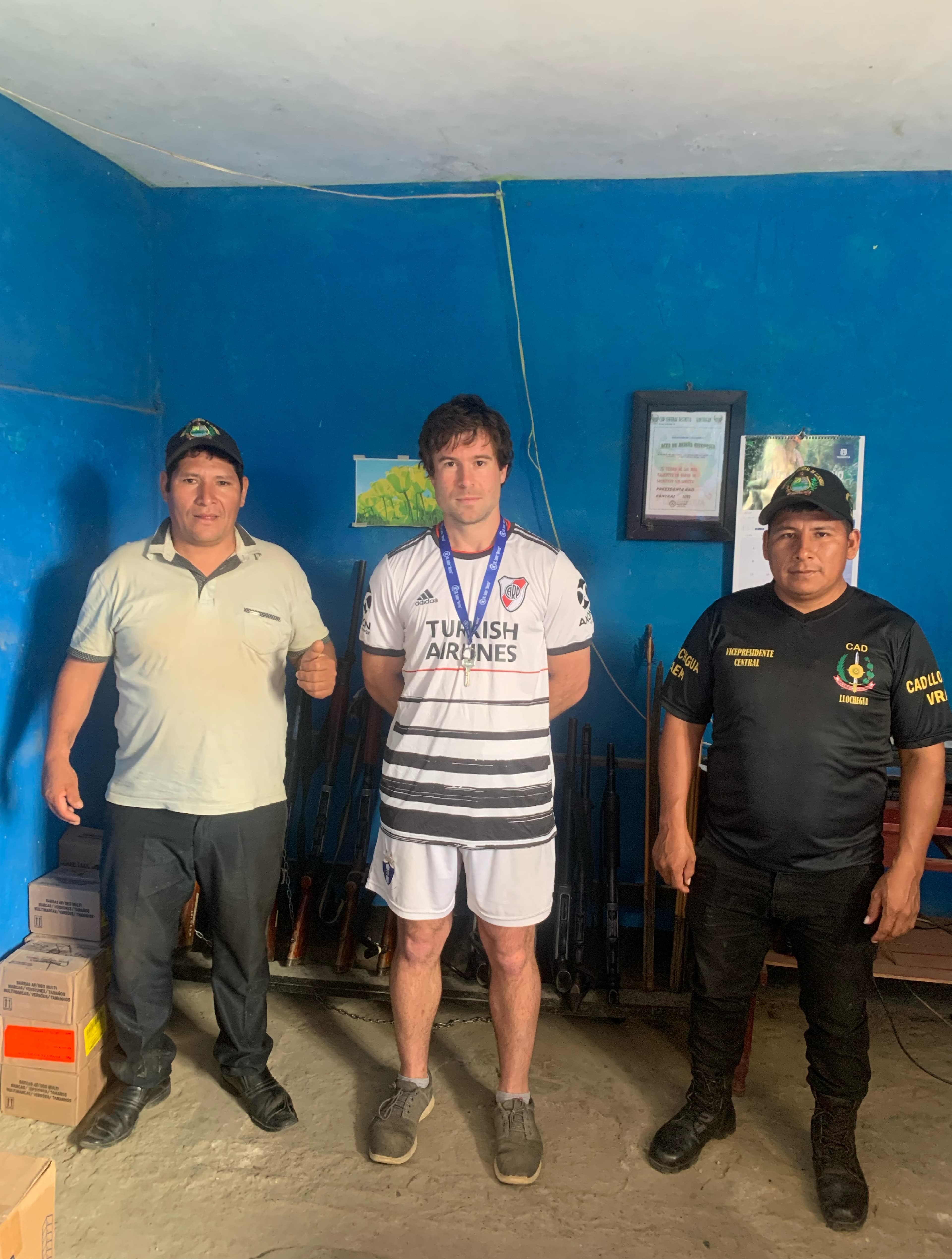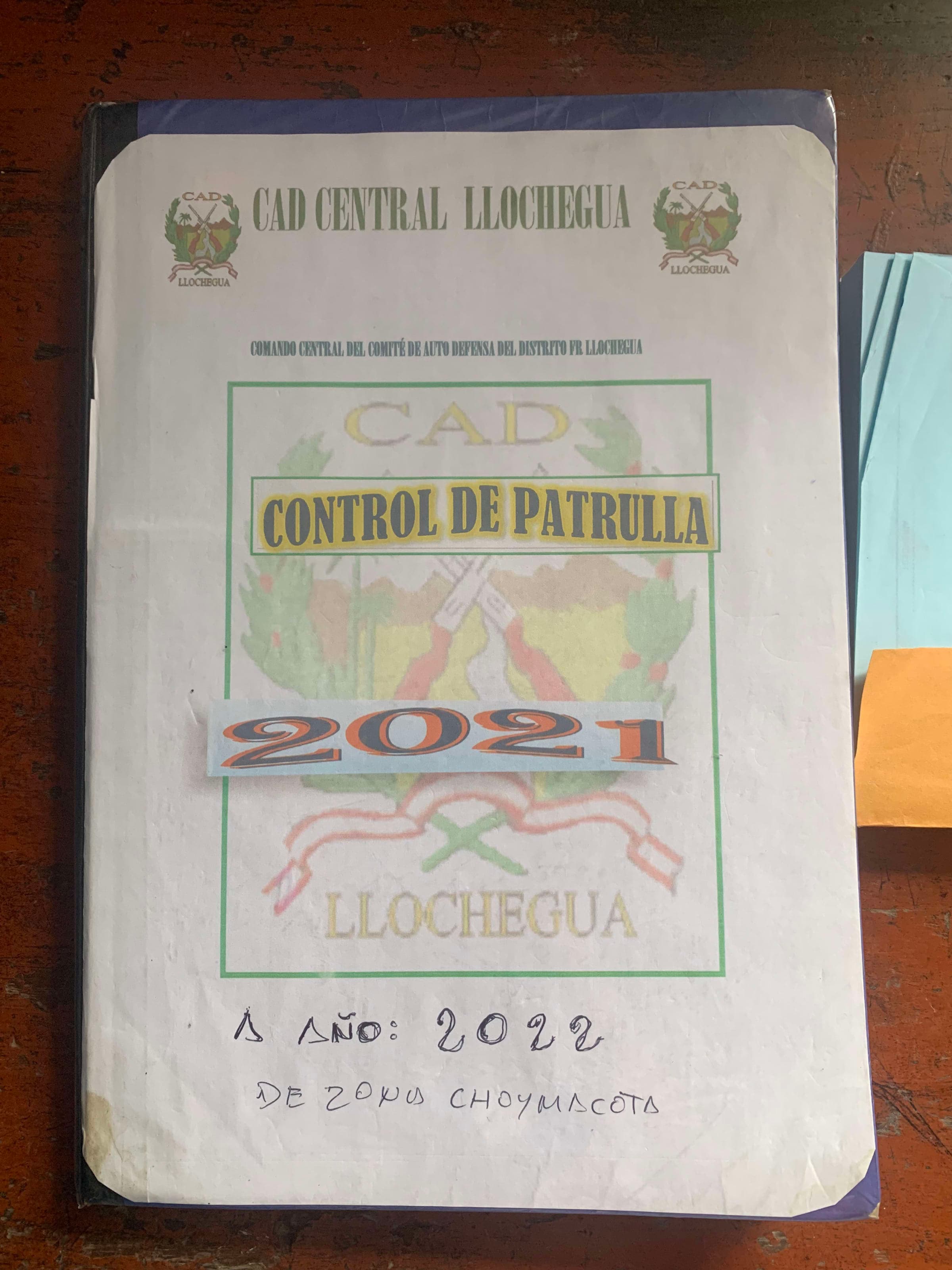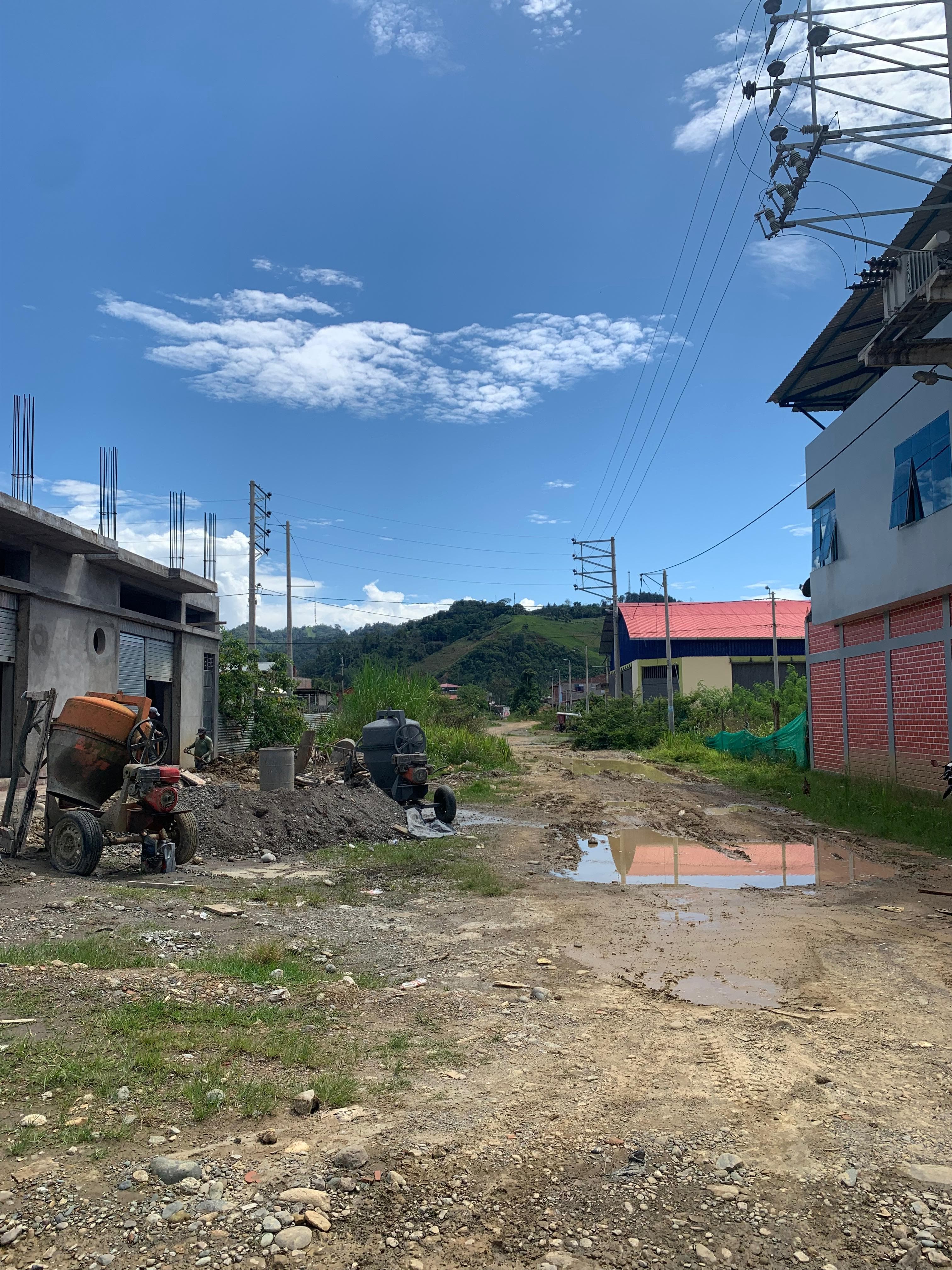Fieldwork
For my doctoral dissertation and forthcoming book project, I conducted nine months of immersive, multi-sited fieldwork in rural Peru (March–December 2022). My research combines more than 90 in-depth interviews, over 3,000 archival documents, and extensive participant observation. Through these site-intensive methods, I document the lived experiences of local communities during civil war and examine the informal institutions that shape the provision of public goods and services in post-conflict areas of limited statehood.
Field Sites
Lima
Lima, Peru
2 months of fieldwork; home-based location.
- Conducted interviews with key informants, including political journalists, professors, and public intellectuals.
- Archival research included:
- - Defensoría del Pueblo del Peru, Archivo Central de la Comisión de la Verdad y Reconciliación (CVR): Special report on comités de autodefensa (CADs).
- - Lugar de la Memoria, Tolerancia e Inclusión Social (LUM): Miscellaneous documents and written press (e.g., political magazines such as Oiga).
- - Instituto de Defensa Legal (IDL): Secondary bibliography and published Peruvian scholarship.
- - Instituto de Estudios Peruanos (IEP): Secondary bibliography and published Peruvian scholarship.
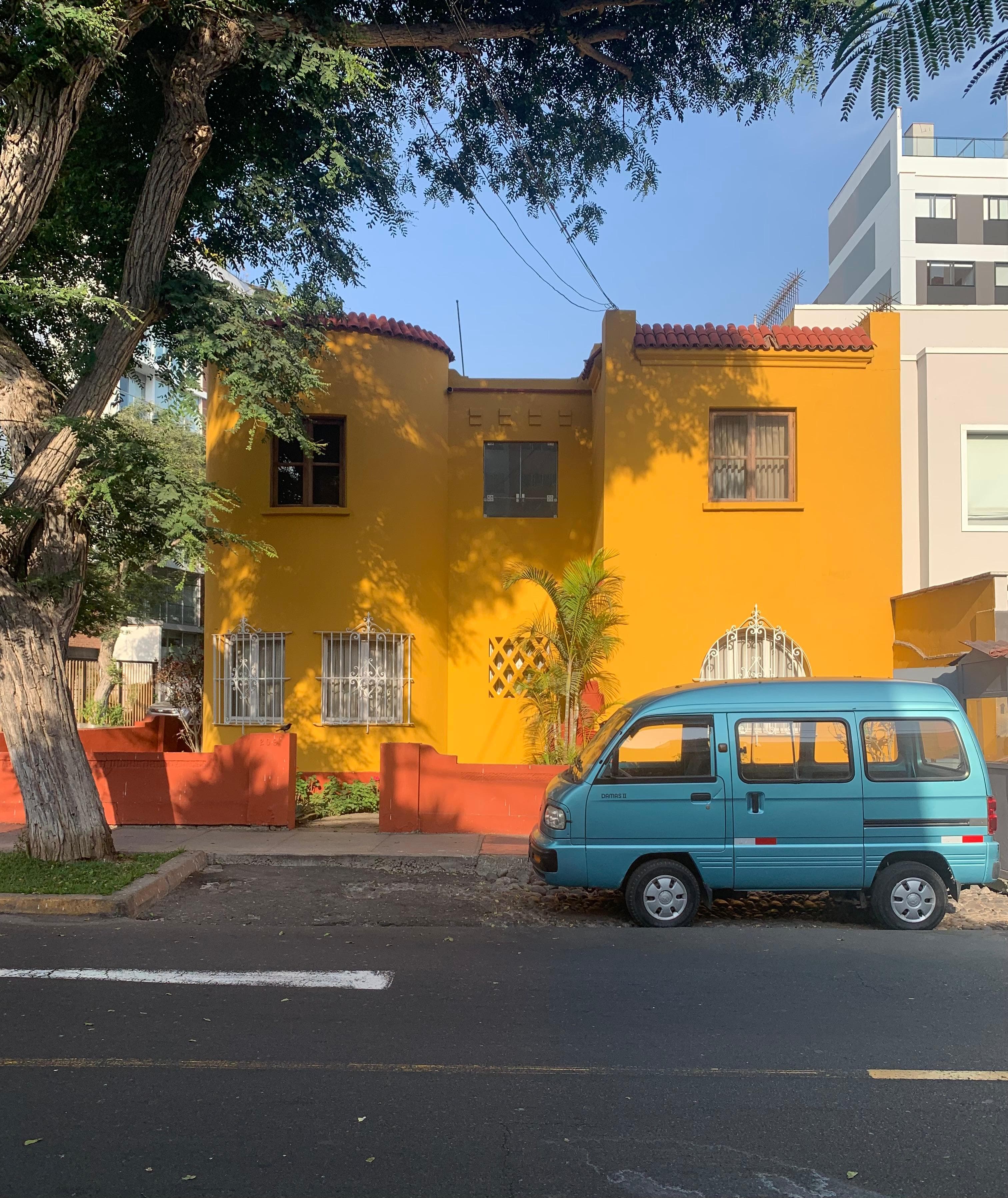
Los Morochucos
Los Morochucos, Ayacucho, Peru
1.5 months of fieldwork across two research trips
- Conducted interviews with former militia members, local public officials (e.g., the general prosecutor, police officers, and two former district mayors), civil society leaders (e.g., the president of the Vaso de Leche social program), and additional key informants from the region.
- Engaged in participant observation at town hall meetings (Cangallo auditorium) focused on regional security issues.
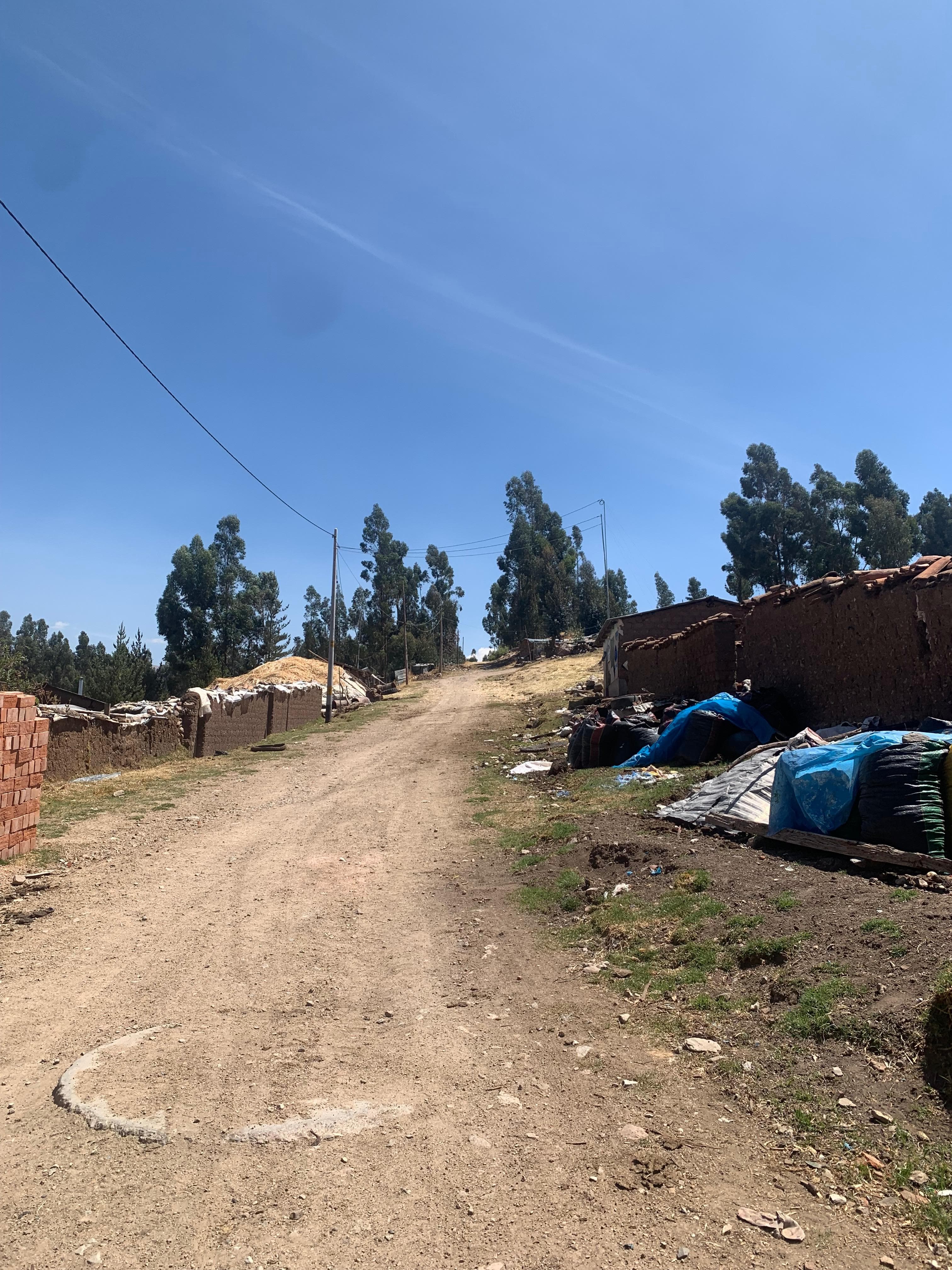
Luricocha
Luricocha, Ayacucho, Peru
3 months of fieldwork across four research trips
- Conducted interviews with former militia members, local public officials (e.g., district councilors), civil society leaders (e.g., the presidents of the Frente de Defensa y Desarrollo and the Irrigation Commission), and other local-level key informants.
- Archival research included:
- - Casa Mateo Ricci (Cultural Center): Miscellaneous documents and political magazines (e.g., Caretas, Retablo, QueHacer).
- - Informal archives: Internal militia records provided by a former CAD member (including patrol logs, correspondence with local government, and documentation of directive board renewals, among other documents).
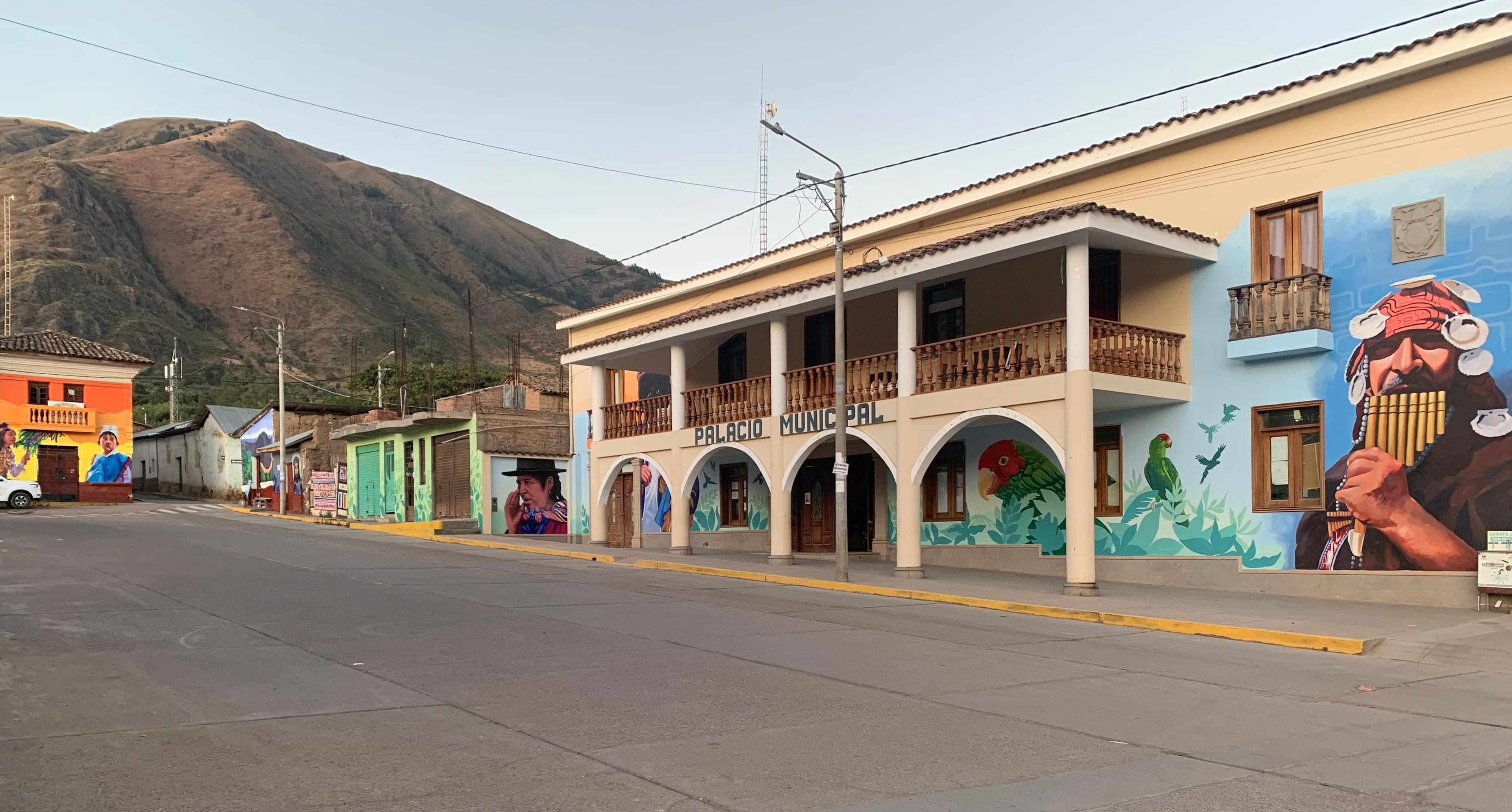
Llochegua
Llochegua, Ayacucho, Peru
2.5 months of fieldwork across two research trips
- Conducted interviews with former and current militia members (e.g., the organization’s president and vice president), local public officials (e.g., district mayor, manager of social development, lieutenant of the Armed Forces), civil society leaders (e.g., presidents of the Club de Madres and Asociación de Padres de Familia), and additional key informants.
- Engaged in participant observation of militia post-conflict activities, including colectas populares, urgent and regular meetings at headquarters, informal lunches, patrol duties, and commemorative events such as soccer tournaments and parades.
- Archival research included:
- - Llochegua municipal archives (2010–2022): Mayor resolutions, correspondence, cooperation agreements, petitions, and other official documents.
- - Internal records of the Llochegua CADs (2017–2022): Informal, unmapped, and unsystematized archives maintained by community members (Auerbach 2018). Materials included meeting notes, leadership board renewals, crime notifications, petitions to the municipality, and internal recognition and disciplinary records.
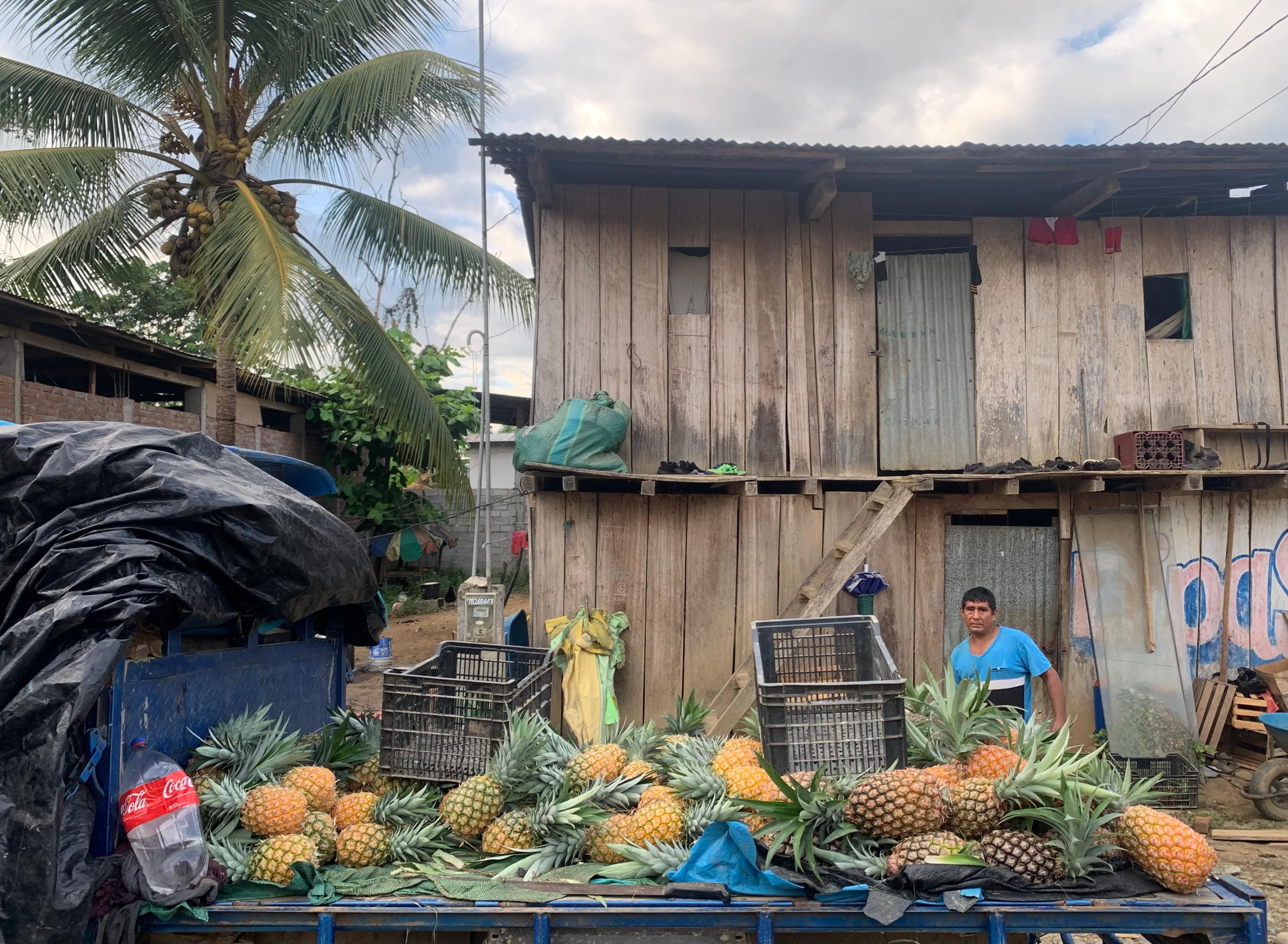
Fieldwork Gallery


